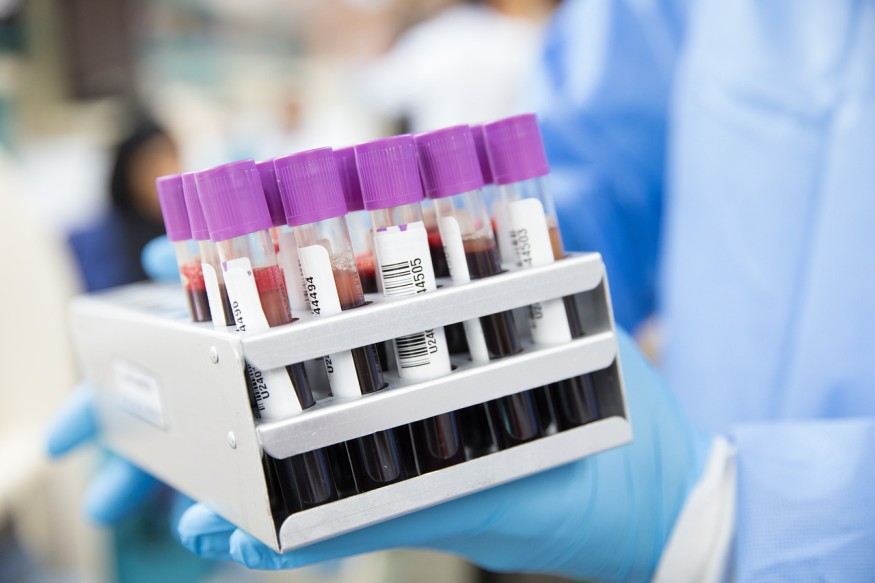Researchers in the UK transfused blood grown in a laboratory into two patients for the first time in a landmark clinical trial, per CNBC. The team said that the experiment's success could significantly improve treatment for people with blood disorders and rare blood types.
The trial will be extended to 10 patents over several months to study the lifespan of lab-grown cells compared to standard red blood cells. They clarified that they do not aim to replace human blood donations, but this technology could help scientists manufacture rare blood types that are difficult to source and otherwise vital to people who depend on regular blood transfusions.

Groundbreaking Research to Manufacture Red Blood Cells
Dr. Farrukh Shah, one of the trial collaborators and the medical director of Transfusion for NHS Blood and Transplant, said that this world-first research lays the groundwork for manufacturing red blood cells that can safely be used to transfuse in patients with disorders like sickle cell anemia.
According to BBC, the research project focuses on the red blood cells that carry oxygen to the rest of the body, and that is a collaboration of teams in Bristol, Cambridge, London, and at NHS Blood and Transplant.
The team started with a normal donation of a pint of blood, about 470 ml, and then magnetic beads were used to fish out flexible stem cells that can become red blood cells. These stem cells were then designed to grow in large numbers in the laboratory and then guided to become red blood cells.
Growing blood takes about three weeks, and an initial pool of 500,000 stem cells could produce around 50 billion red blood cells, which are filtered to get 15 billion red blood cells at the right stage to be transfused to a patient.
Prof Ashley Toye, from the University of Bristol, told James Gallagher of BBC News that they want to make as much blood as possible in the future so they visualize a room full of machines producing blood continually from a normal blood donation.
The Project's Ultimate Goal
The project's ultimate goal is to manufacture vital, but ultra-rare blood groups that are challenging to get hold of. Toye said that some blood groups were "really, really rare" and that there might only be 10 people in the country who are eligible to donate.
Moreover, EuroNews reports that researchers hope the lab-grown red blood cells will perform better than standard blood donations since they are freshly made. Red blood cells from donations typically last for around 120 days before they need to be replaced. If the lab-grown blood could last longer in the body, patients who regularly need blood may no longer need transfusions as often.
Researchers are working on the trial that they described as both "challenging and exciting" because of its potential to benefit hard-to-transfuse patients.
Patients with sickle cell anemia are among those who will benefit from the project. The disease is inherited red blood cell disorder, where blood cells become sticky and hard, causing serious complications like stroke and pneumonia.
They need regular blood transfusions to lessen their anemia and help their blood flow more freely, but sometimes they develop resistance to the transfused blood that causes the treatment to fail.
John James, Chief Executive of the Sickle Cell Society, said that the project offers real hope to those difficult-to-transfuse sickle cell patients who have developed resistance against most blood donor types.
RELATED ARTICLE: NHS Approves First Ever Sickle Cell Disease Treatment After 20 Years; What Makes Crizanlizumab a Game Changer?
Check out more news and information on Medicine and Health in Science Times.
© 2026 ScienceTimes.com All rights reserved. Do not reproduce without permission. The window to the world of Science Times.











